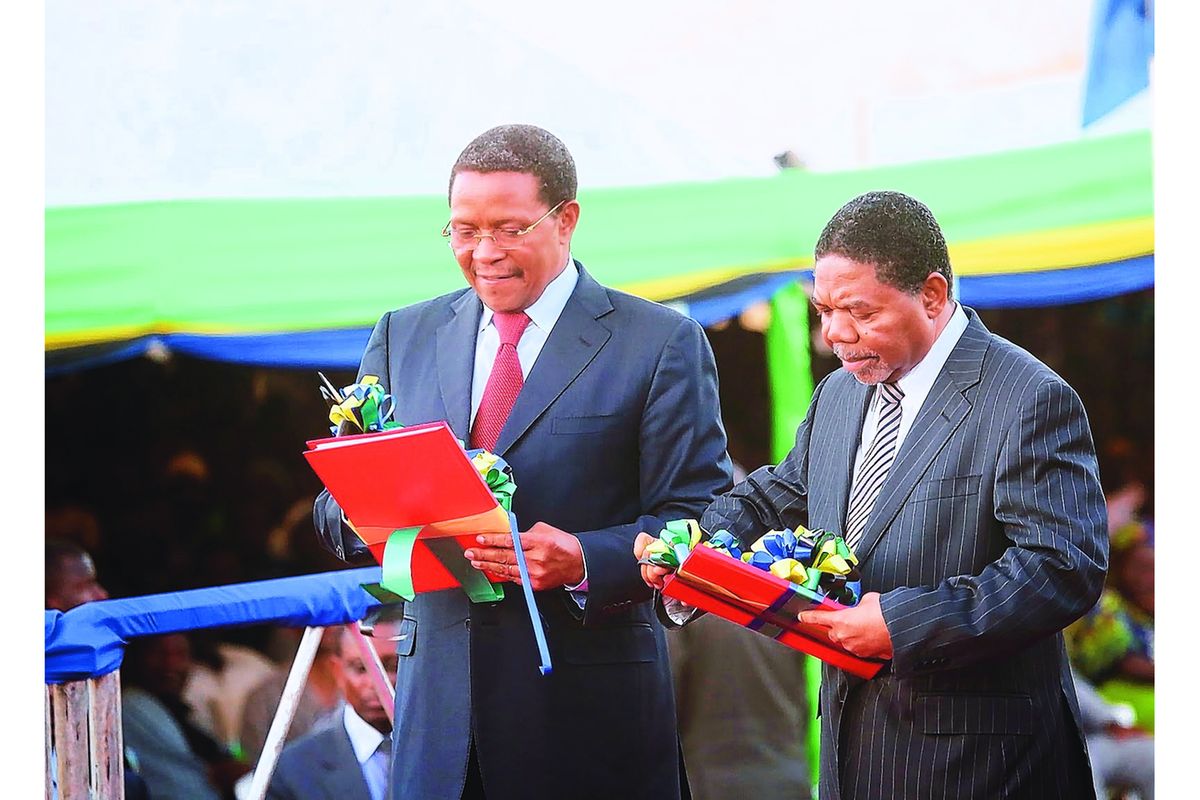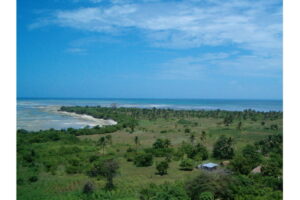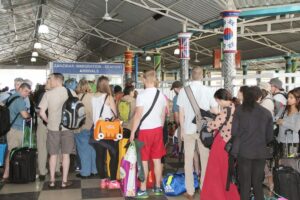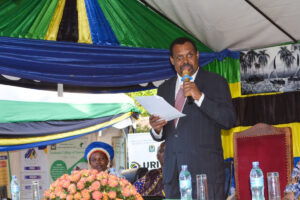
The 2010s were ushered in as the country was preparing to go to the polls. With a rejuvenated opposition in and outside parliament, and the government rocked by corruption scandals and disputed elections, it was clear that this would be a decade where the country is in search of direction.
Opposition parties had successfully galvanised political support, turning the issue of a new constitution into an election one. With Kenya next door having adopted a new constitution replacing its independence era-document, the pressure was mounting for the ruling party, CCM to find some accommodation with its opponents. After all, in Zanzibar, they had amended their constitution to find a more accommodating arrangement, in a bid to find a way out of the endless cycle of political madness in each election.
After a bruising election campaign which ended with a reduced election victory for CCM, the government jumped on the bandwagon, half-heartedly towards constitutional change. The search for a new constitution, which politicians hijacked right from the outset, was to lead nowhere, costing the taxpayer too much money and time, and producing a document that no one wanted or needed. The country was witnessed a political circus that stayed at one place for far too long, leading to a lost opportunity.
Within CCM, the race to succeed the outgoing president Jakaya Kikwete had threatened to tear apart the ruling party and by the time the general election was held in 2015, the intra-party processes had led to some high profile politicians decamping from CCM to the opposition in the hope of defeating CCM at the polls. Again, the main theme of the general election was ‘change’; but how that was interpreted by the competing political narratives was starkly different.
The post-2015 political order would be a whirlwind.
In its early years, there were countless of ultimatums from ministers competing to outdo themselves in delivering the clamoured change for the country. Much of what was done had no roadmap and was not grounded into any coherent political philosophy. There was a sense of moving at a pace that would outrun history itself. Those in charge, thought the country had wasted too much time in mediocrity. Relations with some neighbours improved, while it became strained with others.
It came to be a country that increasingly looked inward, and was suspicious of many eyes from beyond its own borders. There was a degree of success, to borrow from a commentator, in ‘heating up the engine’ that had been lying idle for so many decades. However, this did not result in fundamental changes in the way how the country was governed. The constitutional and legal framework was largely the same, with little signs of things taking a different course for the better.
There were countless headlines of politicians switching political sides, effectively being ‘independents’ in all but name. Too many by-elections occasioned by politicians serving their own interests and not those of the country, as each claimed to ‘support’ the efforts of the president. It was almost impossible to keep track of all those who had zigzagged through political parties before the 2015 general election and the chaos that followed after the polls.
To some, the country had gone back to the beginning, regaining its sense of purpose. To others, it was still hopelessly lost. The decade hardened the political differences which had come to characterise the political landscape in the multiparty era with very little room for compromise. By the time the curtain was coming down for the 2010s, the country was still in search of some direction and a sense of purpose.
Will the 2020s conclude on a different note? The jury is still out on this one, after all, it is a decade that is still not even through half way.
Share this news
This Year’s Most Read News Stories

Muslims in Pemba conduct special prayer against ZAA decision
ZANZIBAR: More than 200 Muslims in Vitongoji Village, South Pemba Region over the weekend conducted a special prayer to condemn the Zanzibar Airports Authority (ZAA) move to appoint DNATA as the sole ground handler in Terminal III of the International Airport of Zanzibar. Abeid Amani Karume.Continue Reading

Concerns mount over Zanzibar new $44 travel insurance fee
Tour operators, hoteliers, tourists, and tourism stakeholders are raising alarms over Zanzibar’s new mandatory $44 travel insurance fee, set to take effect on September 1.Continue Reading

Karume faults lease of Zanzibar Islets
Diplomat Ali Karume has faulted the decision by the revolutionary government of Zanzibar to lease the islets that surround the islands of Unguja and Pemba to private developers saying it was absolutely not in Zanzibar’s national interests.Continue Reading










